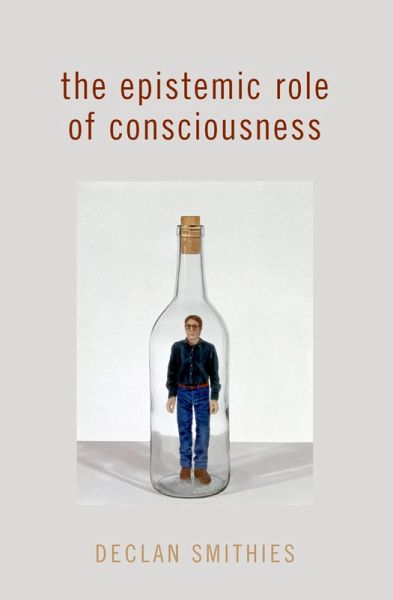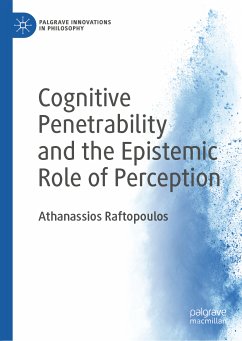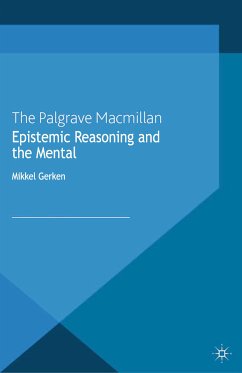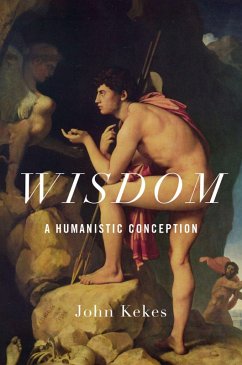
The Epistemic Role of Consciousness (eBook, PDF)
Versandkostenfrei!
Sofort per Download lieferbar
12,95 €
inkl. MwSt.
Weitere Ausgaben:

PAYBACK Punkte
6 °P sammeln!
What is the role of consciousness in our mental lives? Declan Smithies argues here that consciousness is essential to explaining how we can acquire knowledge and justified belief about ourselves and the world around us. On this view, unconscious beings cannot form justified beliefs and so they cannot know anything at all. Consciousness is the ultimate basis of all knowledge and epistemic justification. Smithies builds a sustained argument for the epistemic role of phenomenal consciousness which draws on a range of considerations in epistemology and the philosophy of mind. His position combines...
What is the role of consciousness in our mental lives? Declan Smithies argues here that consciousness is essential to explaining how we can acquire knowledge and justified belief about ourselves and the world around us. On this view, unconscious beings cannot form justified beliefs and so they cannot know anything at all. Consciousness is the ultimate basis of all knowledge and epistemic justification. Smithies builds a sustained argument for the epistemic role of phenomenal consciousness which draws on a range of considerations in epistemology and the philosophy of mind. His position combines two key claims. The first is phenomenal mentalism, which says that epistemic justification is determined by the phenomenally individuated facts about your mental states. The second is accessibilism, which says that epistemic justification is luminously accessible in the sense that you're always in a position to know which beliefs you have epistemic justification to hold. Smithies integrates these two claims into a unified theory of epistemic justification, which he calls phenomenal accessibilism. The book is divided into two parts, which converge on this theory of epistemic justification from opposite directions. Part 1 argues from the bottom up by drawing on considerations in the philosophy of mind about the role of consciousness in mental representation, perception, cognition, and introspection. Part 2 argues from the top down by arguing from general principles in epistemology about the nature of epistemic justification. These mutually reinforcing arguments form the basis for a unified theory of the epistemic role of phenomenal consciousness, one that bridges the gap between epistemology and philosophy of mind.
Dieser Download kann aus rechtlichen Gründen nur mit Rechnungsadresse in A, B, BG, CY, CZ, D, DK, EW, E, FIN, F, GR, HR, H, IRL, I, LT, L, LR, M, NL, PL, P, R, S, SLO, SK ausgeliefert werden.













